 In mijn voorbereiding op de prekenserie over de doop moet ik me ook de vraag stellen of zo’n thema niet gemakkelijk leidt tot preken die een nogal hoog leerstellig karakter hebben en die weinig verkondigend, appèllerend, troostend of levensvernieuwend zijn. Loop ik niet het gevaar vooral dogmatiek op de kansel te brengen? Wordt het niet bij voorbaat vrij saai en (be)lerend?
In mijn voorbereiding op de prekenserie over de doop moet ik me ook de vraag stellen of zo’n thema niet gemakkelijk leidt tot preken die een nogal hoog leerstellig karakter hebben en die weinig verkondigend, appèllerend, troostend of levensvernieuwend zijn. Loop ik niet het gevaar vooral dogmatiek op de kansel te brengen? Wordt het niet bij voorbaat vrij saai en (be)lerend?
Dogmatiek, theologie, leer – het mag zich allemaal niet verheugen in een grote belangstelling van veel kerkgangers, zo wordt wel gezegd. En ik geloof ook dat dat waar is als het gaat om dorre dogmatiek, abstracte theologie en taaie leer. Maar bestaat er niet ook de mogelijkheid van sprankelende dogmatiek, concrete theologie en levenslustige leer?
Ik wil proberen hier wat meer zicht op te krijgen vanuit het denken van Kevin Vanhoozer. Een bevriende collega stuurde laatst een interview toe waarin Vanhoozer geïnterviewd wordt over zijn boek ”The Drama of Doctrine. A Canonical Linguistic Approach to Christian Theology’: Experience the Drama. Het boek ken ik verder niet, maar het interview leverde een aantal boeiende inzichten op die me kunnen helpen om me te realiseren wat ik aan het doen ben als ik over de leer van de doop preek.
Het dogma (‘doctrine’) is min of meer verdwenen uit de kerk. Gelovigen zijn vandaag de dag veel meer geïnteresseerd in ervaring en spiritualiteit dan in theologie. Dogmatiek wordt gezien als theoretisch, zonder verbinding met het echte leven. Maar er is ook een tegenovergestelde bewering mogelijk (Dorothy Sayers): “It is the neglect of dogma that makes for dullness” – het is juist de verwaarlozing van het dogma waardoor het saai is geworden in de kerk!
Over het dramatische karakter van de theologie:
At the heart of Christianity what we find is neither a philosophy nor a system of morality, but a gospel: goodnewe. What is news if it is not a report of something important that has been said or done. Christianity is essentially about dramatic action, about waht God has done in the history of Israel and espacially inhrist for the salvation of the world. Drama means “doing”, and the Bible is all about the “doings” of the triune Father, Son, and Spirit.
The point is that doctrine helps us to see how we Christians today are likewise caught up in the action, in the great drama of redemption that is still being played out. We all have roles to play, and doctrine is never more practical than when it helps us understand the action—what God is doing in Christ through the Spirit—and what part we are to play in it. Hence my proposed definition: doctrine is direction for fitting participation in the drama of redemption. To speak of the drama of doctrine, then, reminds us that the understanding that faith seeks is also practical.
En dit is dan het leermoment: preken over de doop, het samen herontdekken van de leer over de doop is het geven van begeleiding en richting aan de participatie van christenen in het drama van de verlossing. Anders gezegd: de leer over de doop draagt als het goed is bij aan het actief participeren in Gods verlossende en vernieuwende werk in onze levens.
Doctrine tells us not how to pretend to be something that we are not, but rather who we really are: the vanguard of a new creation. Doctrine defines me as a creature of God made in his image and as an adopted child into God’s family. My true identity is ultimately a matter of my union with Christ. All other identity-markings—political affiliation, class, race, even gender—while important, are ultimately only secondary.
Christian doctrine is actually the means of discovering who we really are.
My own view is that doctrine is a matter of dramatic direction, direction for understanding and participating in the gospel action. In other words, doctrine gives us guidance for our new life “in Christ.” What you have to remember is that understanding is not merely theoretical: Christians have not only to know but to do the truth.
Kortom: doel van het preken over de leer van de doop kan niet anders zijn dan christenen helpen om vanuit de doop hun plaats in te nemen in de beweging van Gods koninkrijk op aarde zoals in de hemel. De kerk is er om de wereld te tonen wat de betekenis van het evangelie is. In de woorden van Vanhoozer:
The most important form that our biblical interpretation takes is not the commentary but the community: the church is to show the world what the gospel means through the way it shapes its life together.
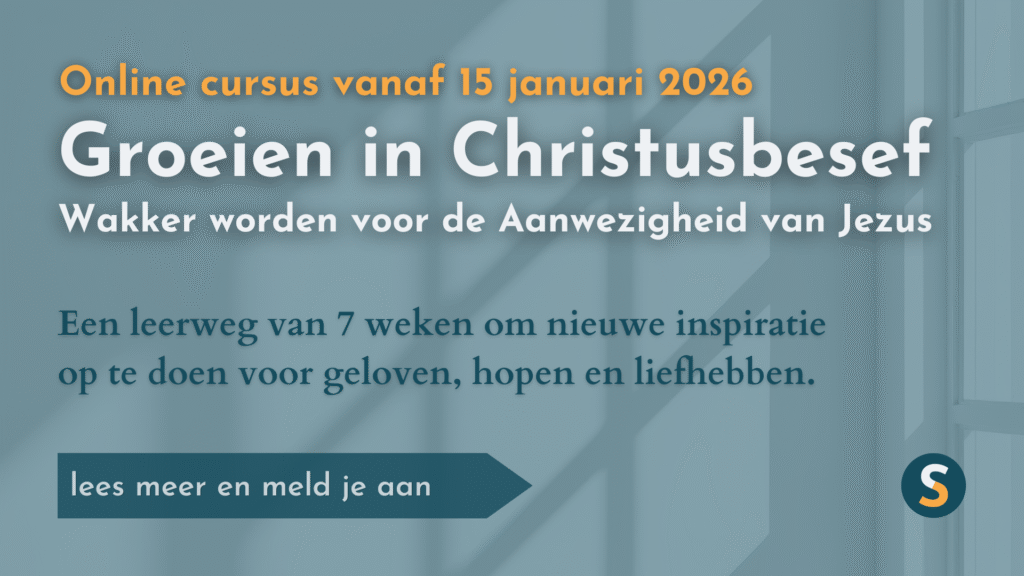

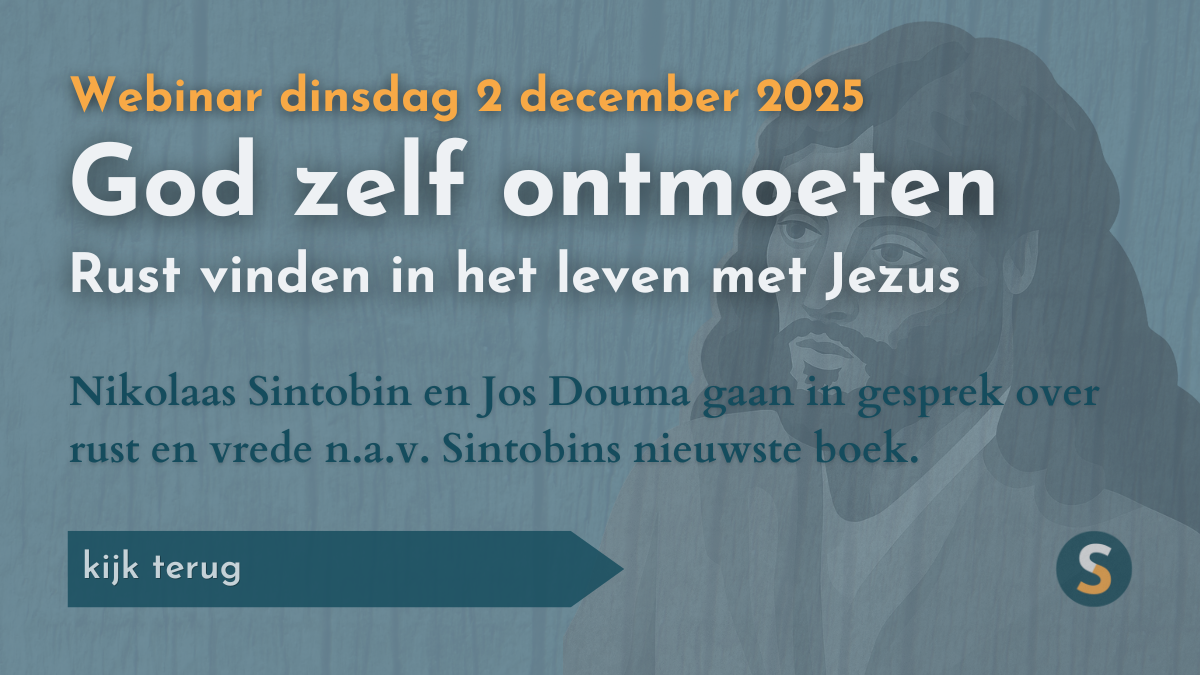




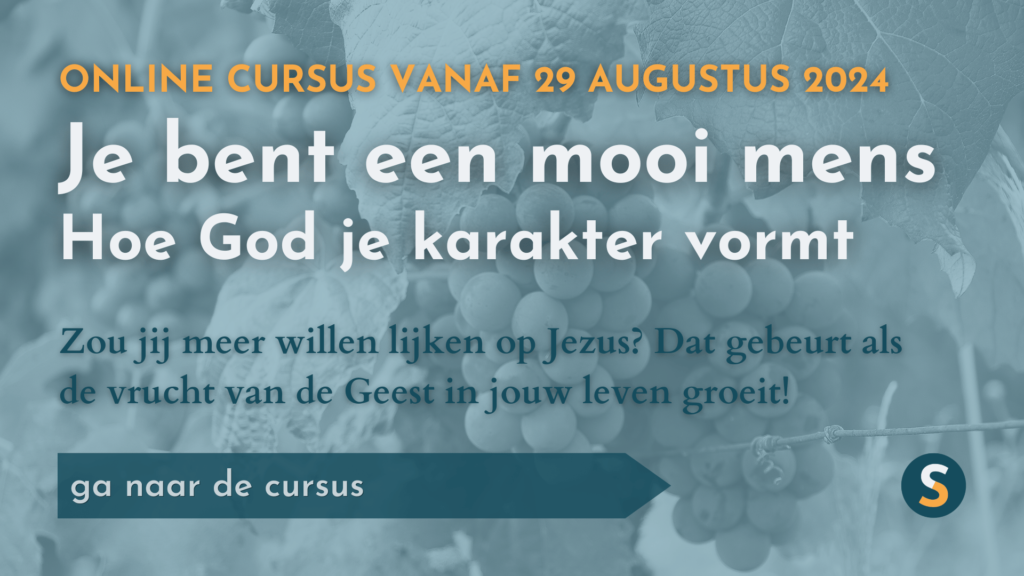


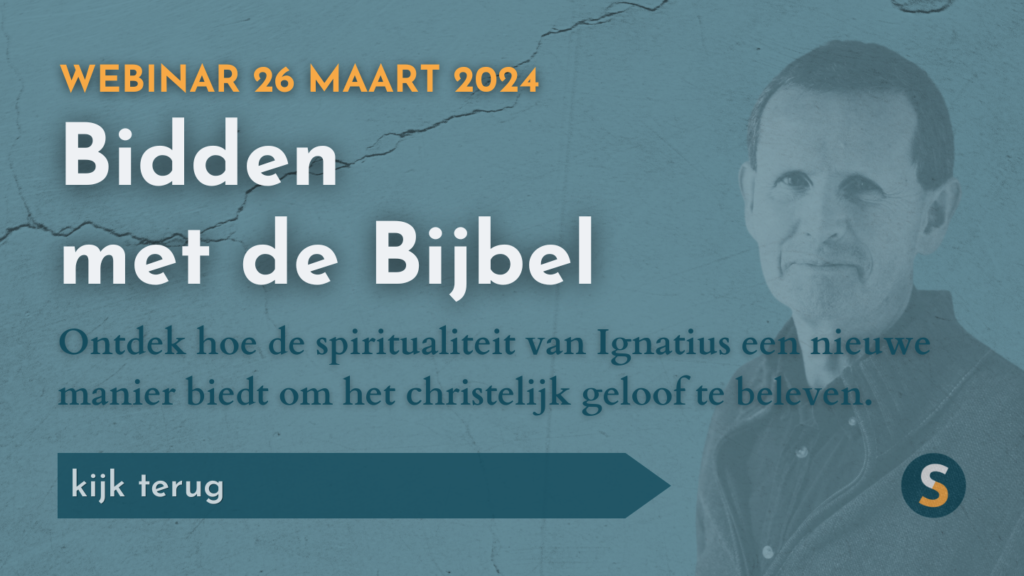

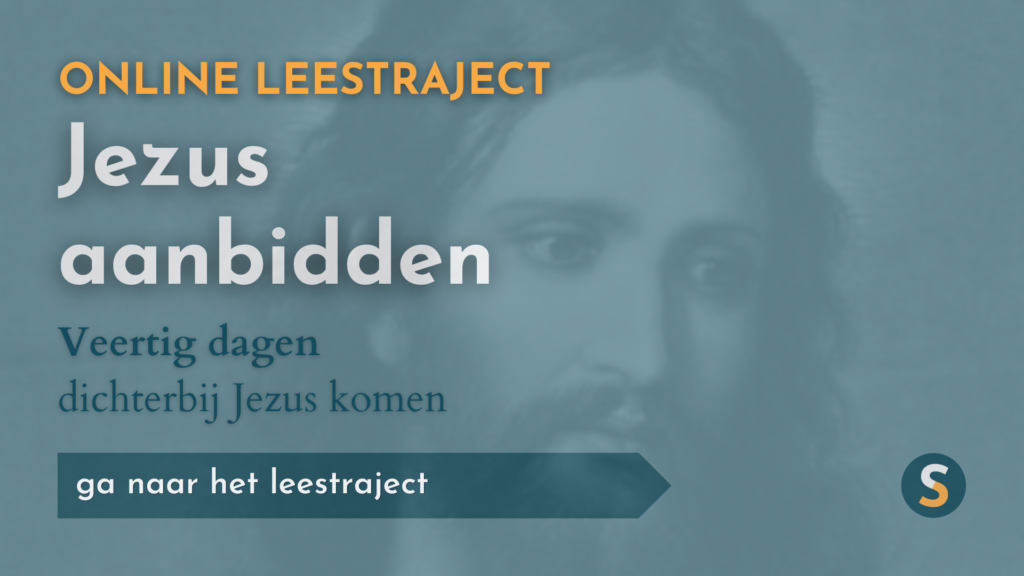

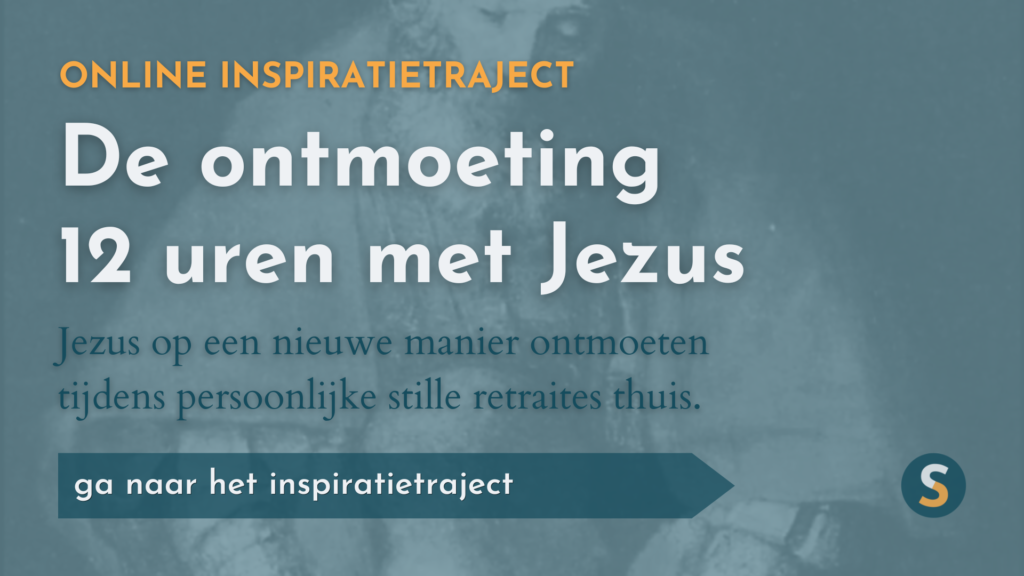


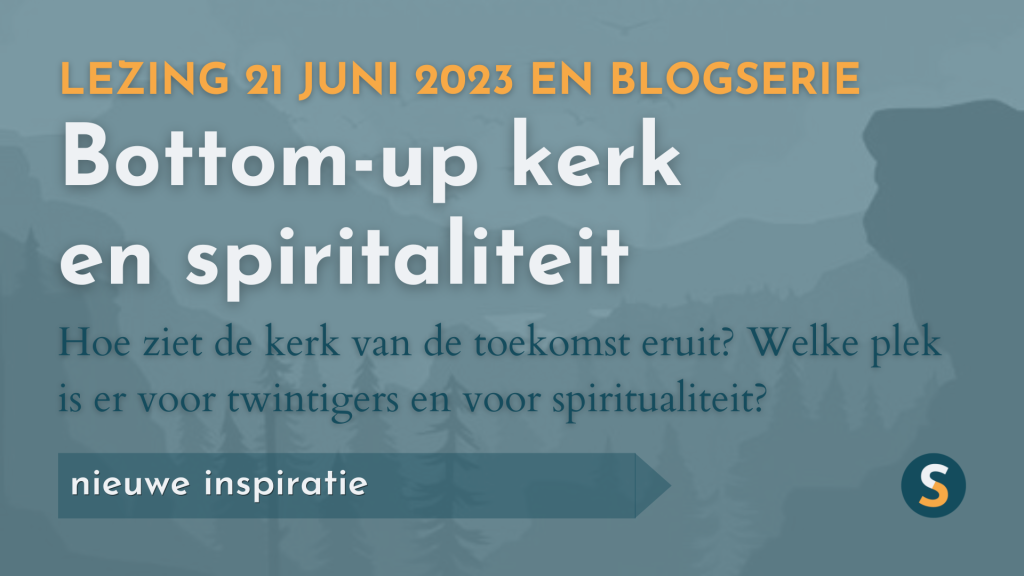

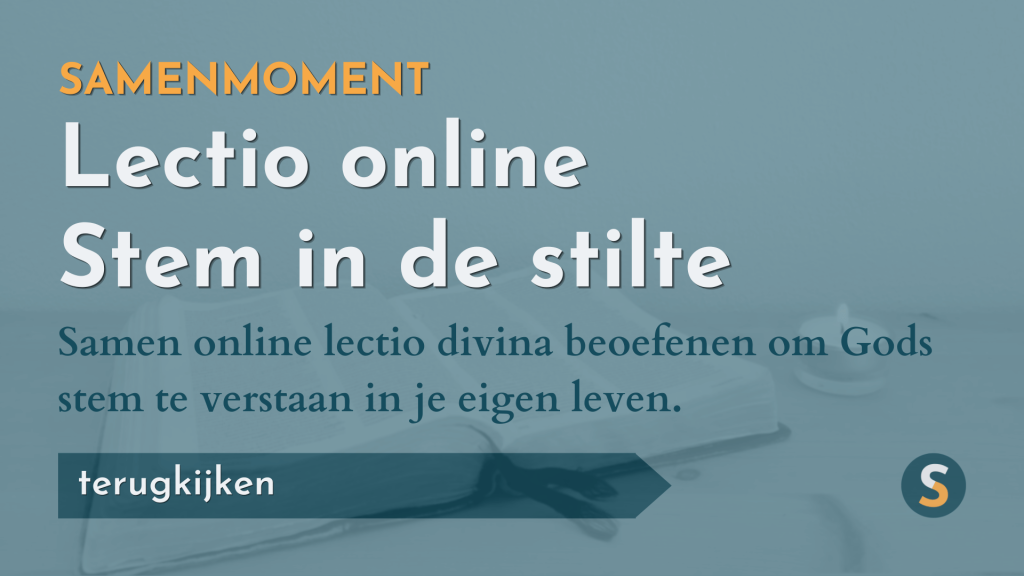

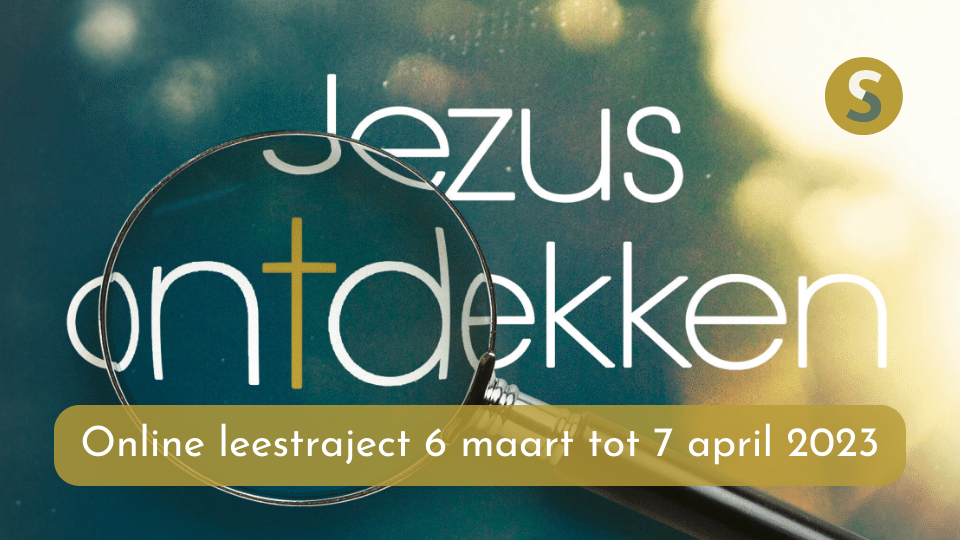

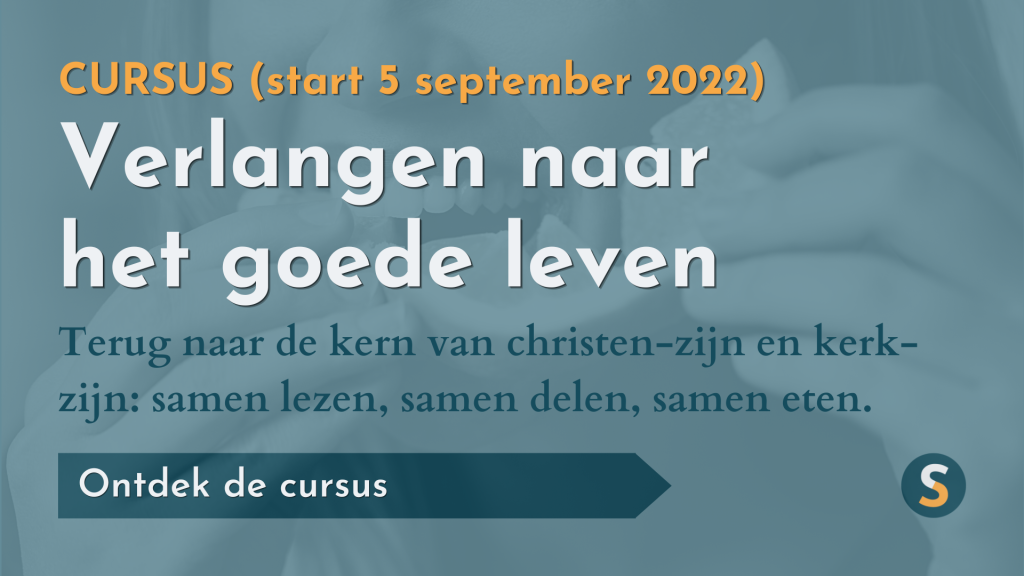

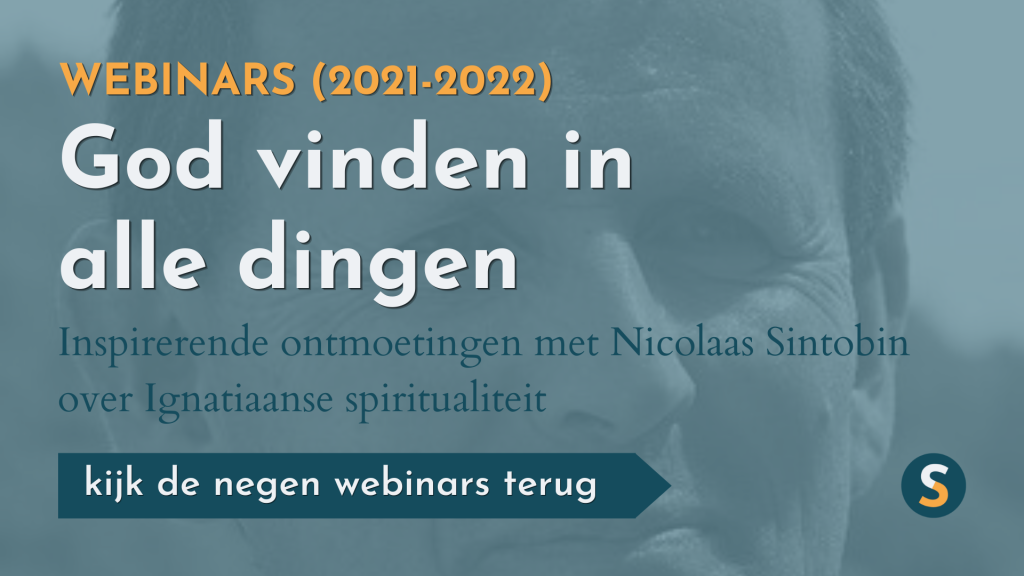







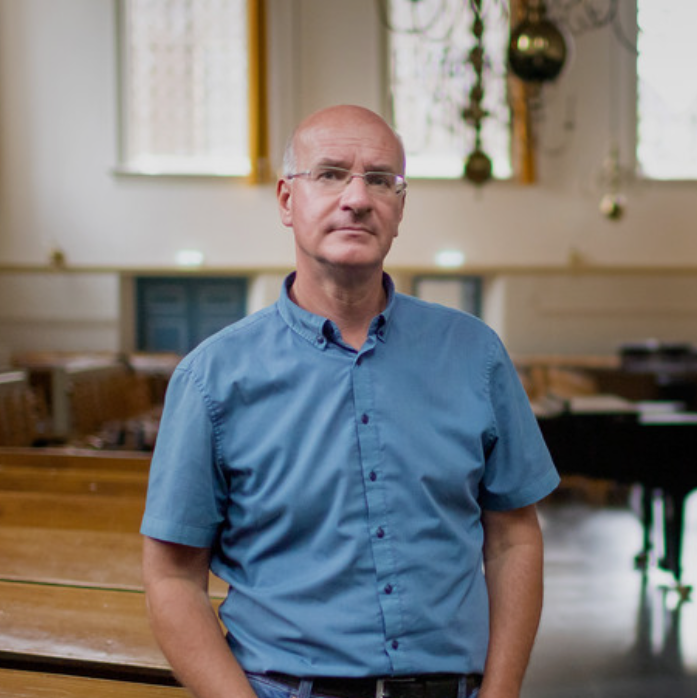


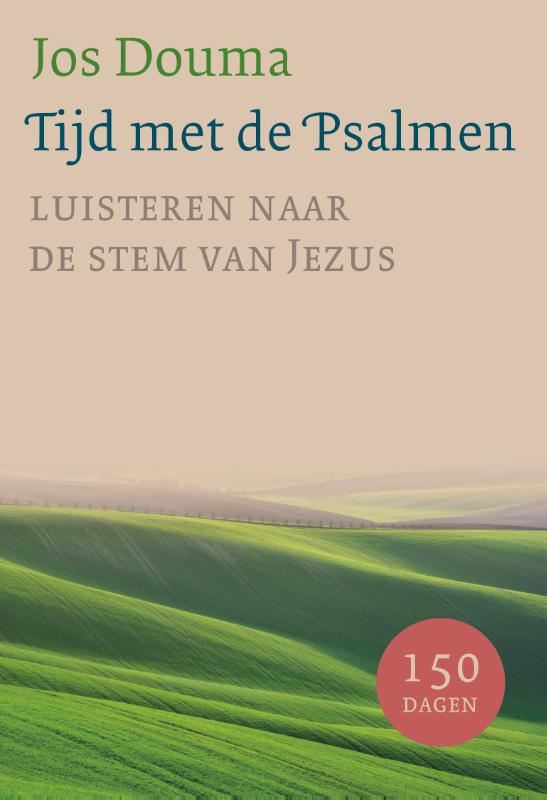
12/10/2010 op 12:50
Heel mooi. Zo ervaar ik dit ook. Op de levensreis hebben we richtingwijzers nodig. Dogma en sacrament zijn de herinneringen aan het Grote Verhaal. Zodra je die vaste punten loslaat, verdwijnt het Grote Verhaal. Het wordt etherisch, vluchtig, en eigenlijk niks meer aan.
De anthropologen kunnnen over verre culturen vaak heel mooi vertellen hoe die samenlevingen worden samengebonden door de standaardverhalen en de riten. Alsof wij dat zelf niet nodig hebben…
12/10/2010 op 16:40
Beste Jos,
Ik denk dat je met VanHoozer dicht op een missionaire lezing zit, zoals ik missionair versta:
Drama means “doing,” and the Bible is all about the “doings”
of the triune God: Father, Son, and Spirit. Speaking is a form
of doing, too; the action in some plays is largely dialogical.
In Scripture, God gets the most important speaking and act-
ing parts. Think of Scripture as the script to a five-act play,
where each of the acts is set in motion by an act of God: God
creates (Act 1); God makes a binding promise to Abraham
(Act 2); God makes good his promise in the person and work
of Jesus (Act 3); God sends the Spirit and creates the church
(Act 4, still in progress); God makes all things new at the Last
Day (Act 5, still to come).
12/10/2010 op 16:41
Zie hier bijvoorbeeld: Jezus volgen door te vieren